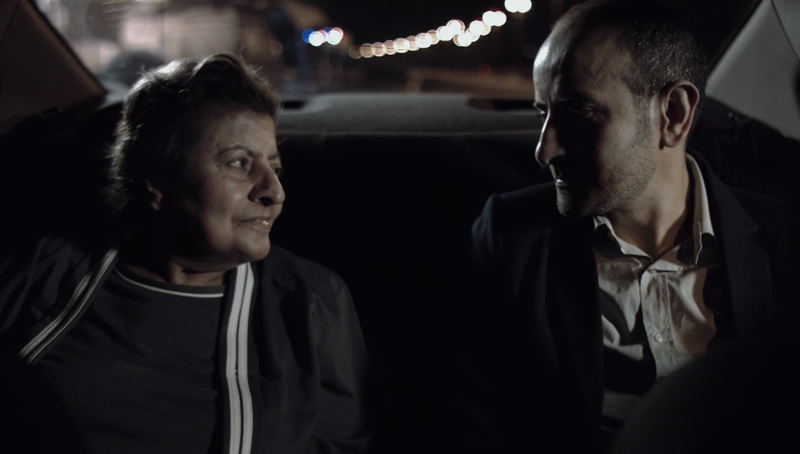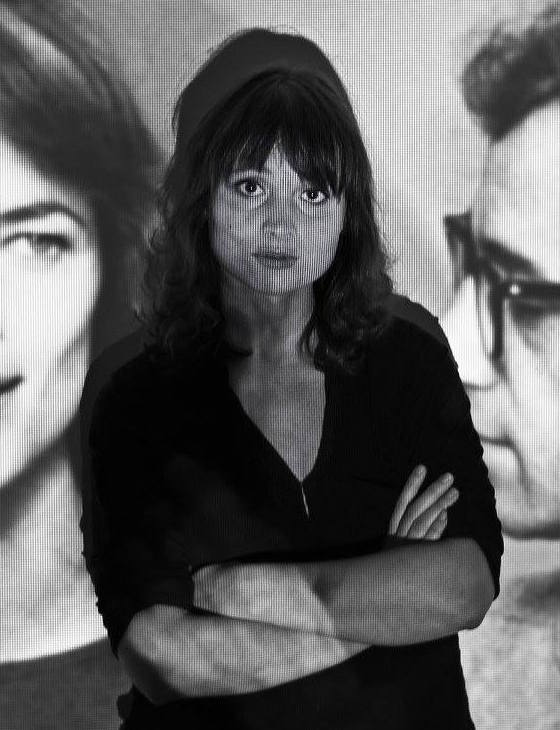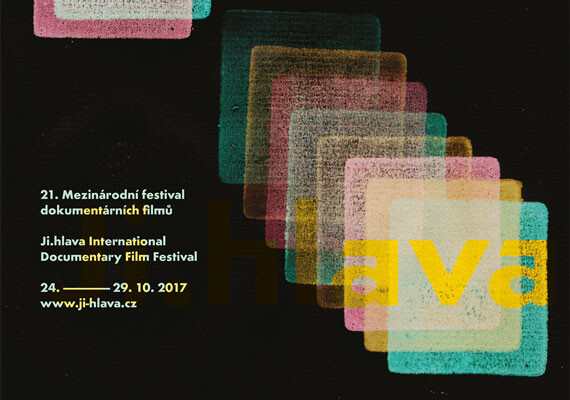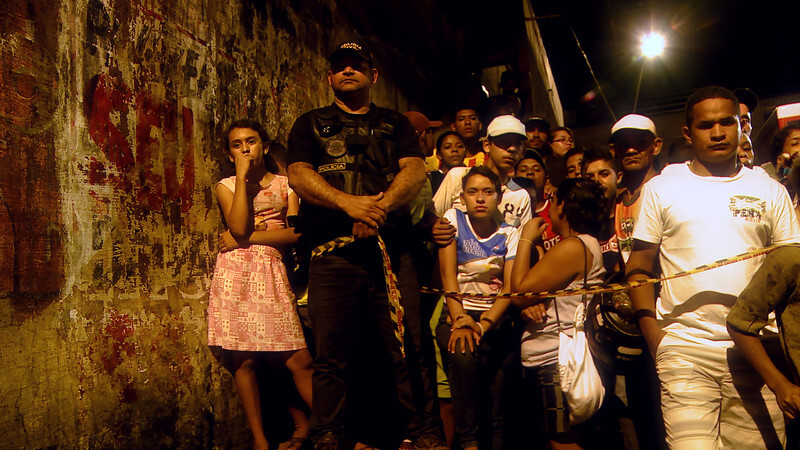I Crossed the Hallway
One night in 1994, in a small village in the mountains not far from Beirut, Rabih El-Amine was woken up by his sister. Their father was dying. The family put the father into a car and his wife, El-Amine’s mother, drove to Beirut to find an intensive care unit. The drive lasted through the night. In time, the silent passengers slowly realised that they were too late.
More than 20 years later, Rabih El-Amine has condensed this experience into a short experimental documentary film. The labels hardly fit seamlessly. I Crossed the Hallway defies the conventional documentary mode and structure, while the primary motivation behind it seems to be a personal narrative of coming to terms with death, rather than abstract experimentation. Perhaps the film could best be described as a piece of confessional visual poetry. The experience of hearing the shocking news is reenacted, but the actors are sometimes no more than metaphors for their characters. The drive is re-taken, too, but the patterns formed by the road are raised above the route itself. Its markings, the contours of a tunnel and the streetlights are the centrepiece. The story is told, but the telling is twisted and hard to grasp, constructing a distorted reality in combination with the dilated space. It seems more like a dream than reality.
Rabih El-Amine films the interiors of his family’s flat, rooms built to be domestic, comfortable spaces. But here they appear empty and almost desolate, even sinister. In a brilliant visual concept, each room of the house initiates a different memory. In one, the family gathers at the piano to mourn the loss of the father.
The soundtrack is equally transportive. The opening scenes feature cacophonous sounds reminiscent of tinnitus, the “ringing in the ears” that takes over in a state of shock. The voice of the TV set being turned on without any particular purpose is also prominent, illustrating absolute apathy that a trauma such as the death of a loved one induces. It reveals something about the political reality that these characters inhabit. The Lebanese Civil War devastated the country, leaving thousands of people displaced and almost a million exiled. The sound of the mobile phone ringing is like a wake-up call, someone poking with a stick from another reality.
Reconstructing perceived reality in a non-linear fashion, through dreams and memories, is a signature mark of El-Amine’s works, as in the documentary Ahmad the Japanese (1999) or the fiction film Exiled (2014). Still, a feature film would probably have a hard time pulling off the achievements of I Crossed the Hallway. As documentary conventions are questioned and the form moves more toward the subjective, it can be hard to imagine more subtle innovations. El-Amine’s personal, intimate short film does this by placing memories center stage and blending them with stylized commentary. This way, he explores the boundaries of what it means to make a documentary, where its conventions end and where a personal essay begins.
|
|
Tina PoglajenTina Poglajen is a freelance film critic based in Ljubljana, Slovenia. She works for the national radio, the film magazine Ekran and occasionally writes for international outlets such as Cineuropa, Film Comment and Indiewire. She is also the president of the Slovenian national section of FIPRESCI. |




